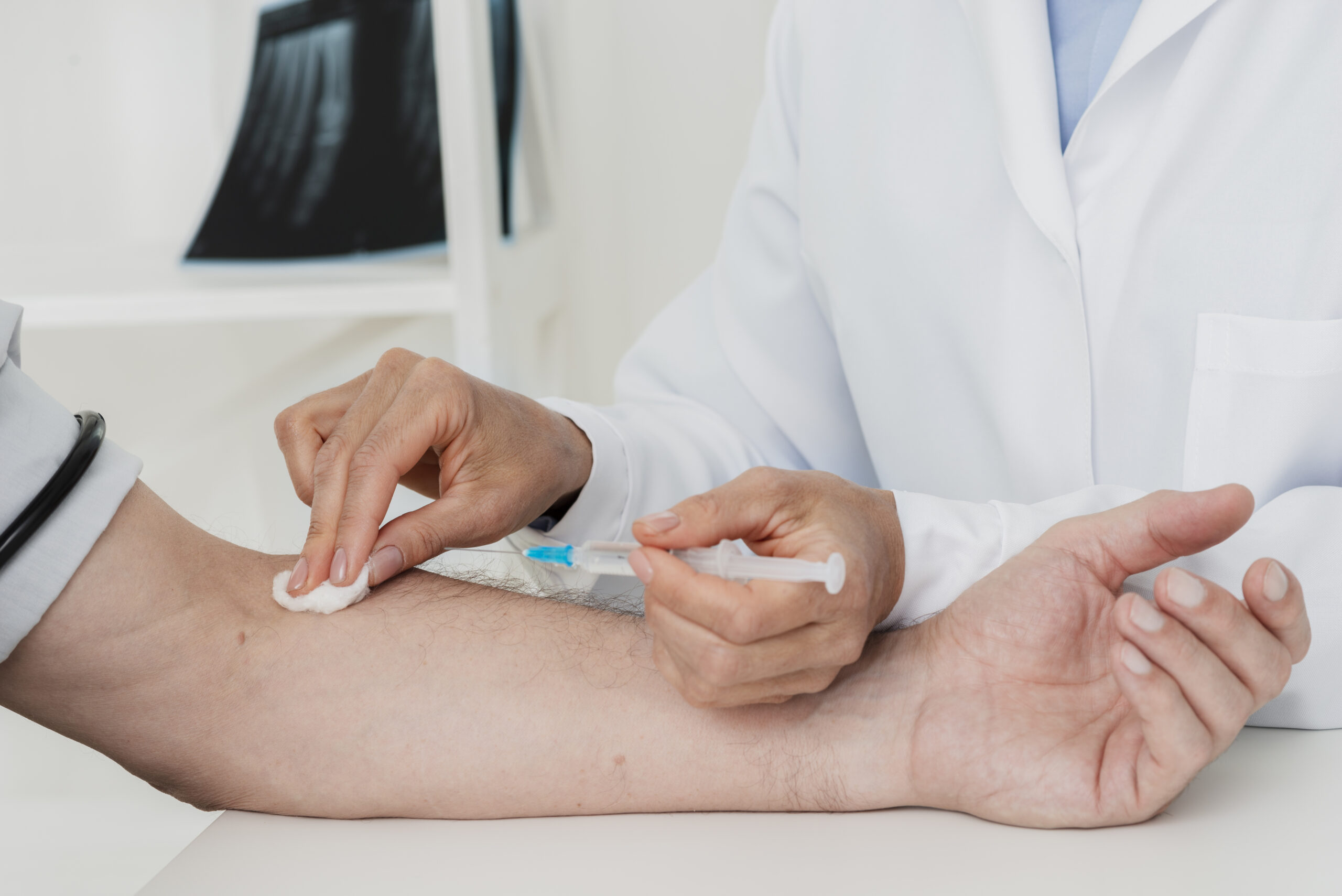Introduction to the Dengue Profile
Dengue is a viral illness spread by mosquitoes. The Dengue Profile is a group of blood tests that help doctors check for dengue infection. Early detection is important because it can prevent serious health problems. In many countries, dengue cases rise during the rainy season. Therefore, knowing about the Dengue Profile can help you stay safe and healthy.
Common Symptoms of Dengue
Dengue symptoms often start four to ten days after a mosquito bite. However, some people may not notice symptoms right away. Watch for these common signs:
Sometimes, symptoms can get worse quickly. For example, if you notice severe stomach pain or trouble breathing, seek help right away.
Causes and Risk Factors
Dengue is caused by the dengue virus. Mosquitoes, mainly the Aedes aegypti species, spread this virus. These mosquitoes bite during the day, especially in the early morning and late afternoon. Some factors increase your risk:
Because dengue spreads quickly in crowded places, it is important to stay alert during outbreaks.
How Dengue Is Diagnosed
Doctors use the Dengue Profile blood test to diagnose dengue. This test checks for signs of the virus and your body’s response. It usually includes:
Because early diagnosis helps prevent complications, doctors may repeat tests if needed. If you have symptoms, ask your doctor about the Dengue Profile test.
Available Treatment Options
There is no specific cure for dengue. However, most people recover with proper care. Treatment focuses on easing symptoms and preventing problems. Doctors may suggest:
In some cases, hospital care is needed. For example, if your platelet count drops very low, you may need extra support.
Prevention Tips and Lifestyle Guidance
Preventing dengue is better than treating it. You can lower your risk by following these tips:
Additionally, stay indoors during peak mosquito hours. Encourage your family and neighbors to keep the area clean.
When to Seek Medical Help
Sometimes, dengue can become severe. Seek medical help right away if you notice:
Early treatment can save lives. Therefore, do not wait if you feel very unwell.
Conclusion
Dengue can be serious, but early diagnosis and prevention help protect you and your family. The Dengue Profile test is a key tool for doctors. If you have symptoms or live in a high-risk area, talk to your doctor. Consult a healthcare specialist for personalized advice on dengue diagnosis and prevention.
